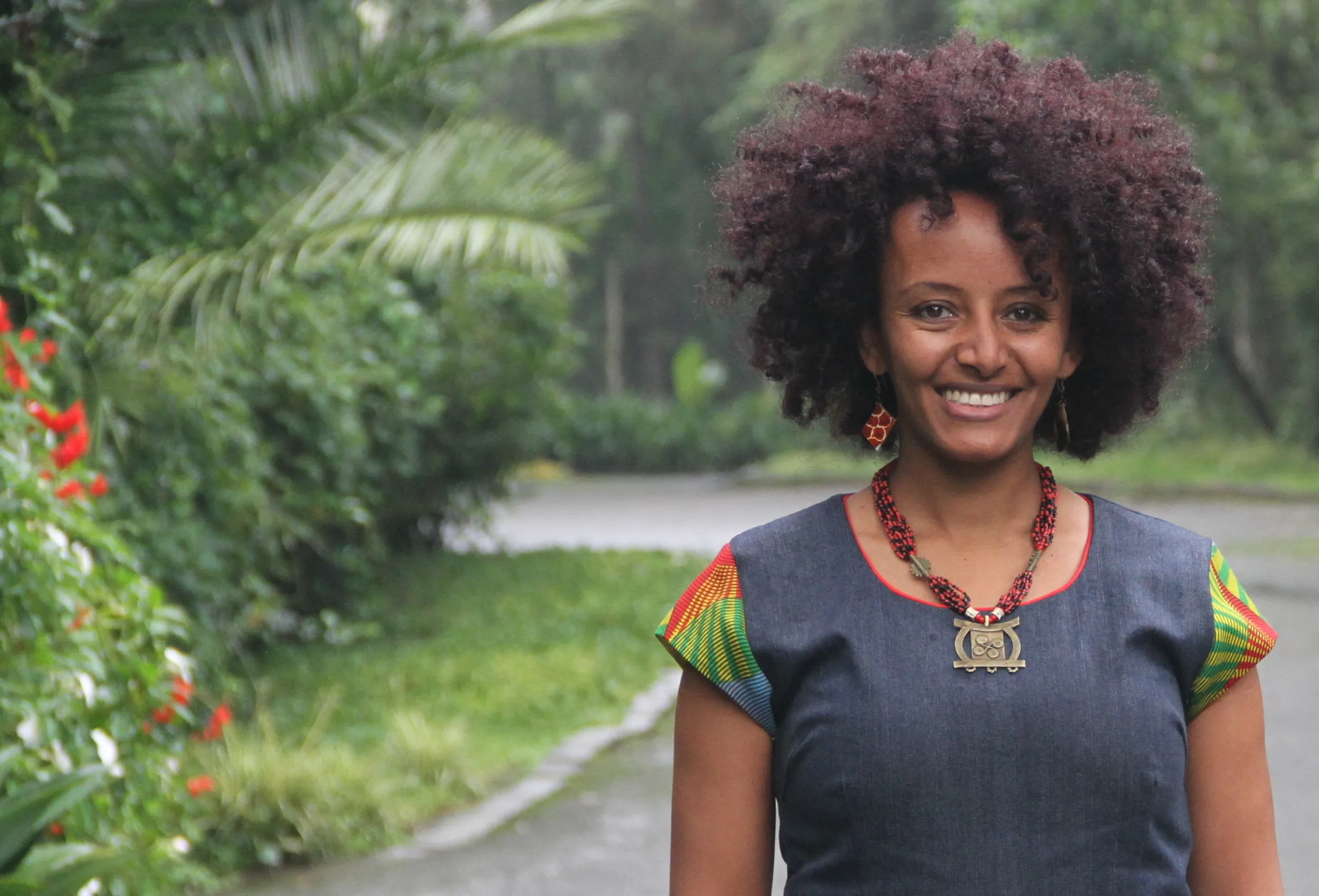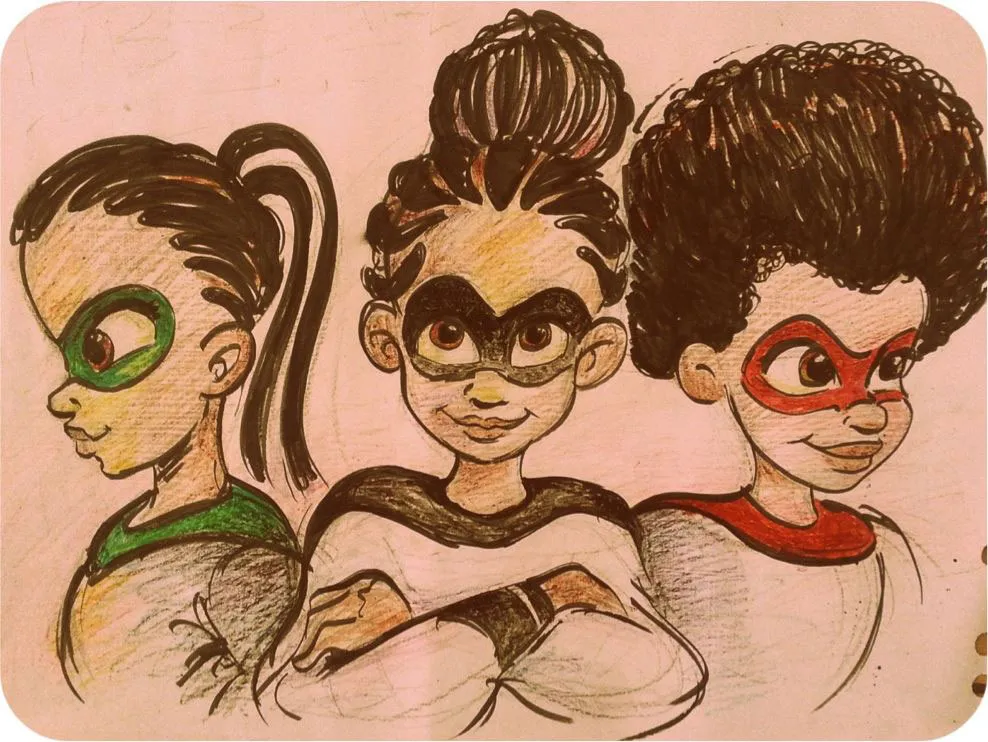During her time as a teacher, Bruktawit noticed that some children lagged behind their peers. There is no public pre-school in Ethiopia, and Bruktawit realized that children who were fortunate to attend private pre-schools were more developmentally advanced. Wanting to help close this gap and provide quality early childhood education for millions of children in Ethiopia, she quit her job in 2005 to start Whiz Kids Workshop, a company that develops educational materials. Bruktawit spent the next year studying children’s programs like “Sesame Street,” teaching herself animation, and turning her living room into a film studio. In 2016, she launched her first show, “Tsehai Loves Learning,” and more than a decade later, it’s Ethiopia’s longest-running children’s series, reaching over 5 million people weekly.
What do superheroes do? They stand up for others and they fight for what is right.
For years, Bruktawit had considered making a TV show about a cast of female superheroes. After meeting the young woman facing child marriage at her workshop, she decided it needed to happen.
“What do superheroes do? They stand up for others and they fight for what is right. The girls who came and confronted me saying, ‘You told us to be brave, so stand up for us’ — for me, they were the superheroes,” Bruktawit says.
She immediately began working on the concept, which became “Tibeb Girls” (Tibeb is Amharic for wisdom), an animated children’s program set to debut in mid-2019. The show centers around three friends and superheroes, Fithe, Fikir, and Tigist, who use their powers to fight social injustice.
Fithe, who lost both of her parents due to HIV, raises her younger siblings while defending their land from relatives and others who want to encroach on their property. She has super strength and can fly. Tigist is an undiscovered child prodigy and inventor who struggles to be noticed as she is overburdened with chores by her large family. Her superpower is the ability to see into the future. Fikir, whose mother died during childbirth, deals with the emotions of this loss. Her superpower is empathy and projecting what others feel.
In order for their powers to be activated, the girls must use their strength together. Throughout the show, they deal with personal issues, discover their powers, and use them to combat injustices. The show, set to air nationally in Ethiopia, will spotlight issues including childhood marriage, substance abuse, child labor, human trafficking, and gender-based violence.
In the long run, Tibeb Girls will learn that they are fighting for gender equality. In Ethiopia, women lag far behind men in terms of educational, economic and decision-making opportunities. They are particularly vulnerable to gender-based violence (one in every three women will experience GBV), female genital mutilation, and forced marriages.


